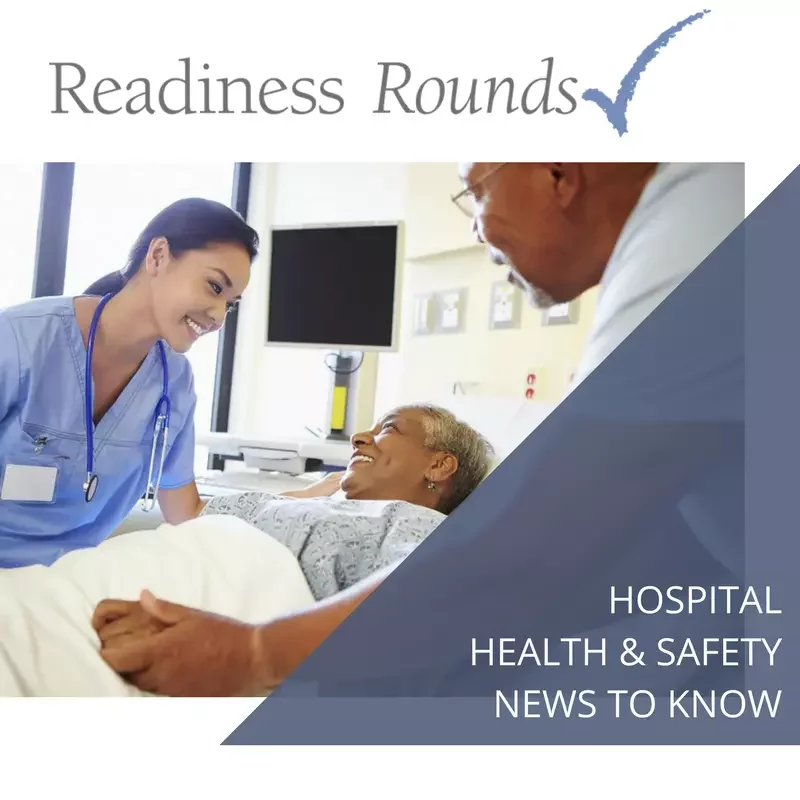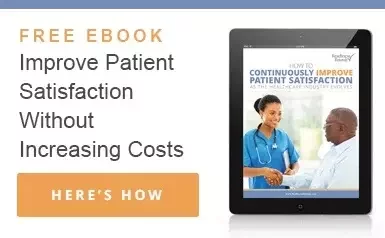
Top 5 Concerns of Hospital CEOs
1. Ambulatory Access:
2. Expense Reduction:
3. Outpatient Procedures:
4. Clinical Variation:
5. Avoidable Utilization:
MACRA: 64% of Providers Are Not Prepared
Healthcare providers and their IT professionals were polled to find out how prepared they were for the Medicare Access and CHIP Reauthorization Act (MACRA). The results? Sixty-four percent answered "unprepared" or "very unprepared".
The purpose for the MACRA is "to improve the capabilities of operations, finance, sales and marketing, provider collaboration, medical management, and compliance," Gregory Scott, Vice Chairman, Deloitte LLP. Although the intentions may be agreeable, the infrastructure and logistics to carry out this new plan just don't exist.
"A significant number of health plans simply don’t have the technology platforms and capabilities to meet existing and future CMS requirements in compliant, profitable, and predictable ways." - Gregory Scott, Vice Chairman, Deloitte LLP.
If you are looking for a place to start, the Fierce Healthcare article suggested beginning with the MACRA's required security risk assessment. In addition, healthcare systems need to begin awareness education among everyone, as well as comprehensive financial analysis at the top.

